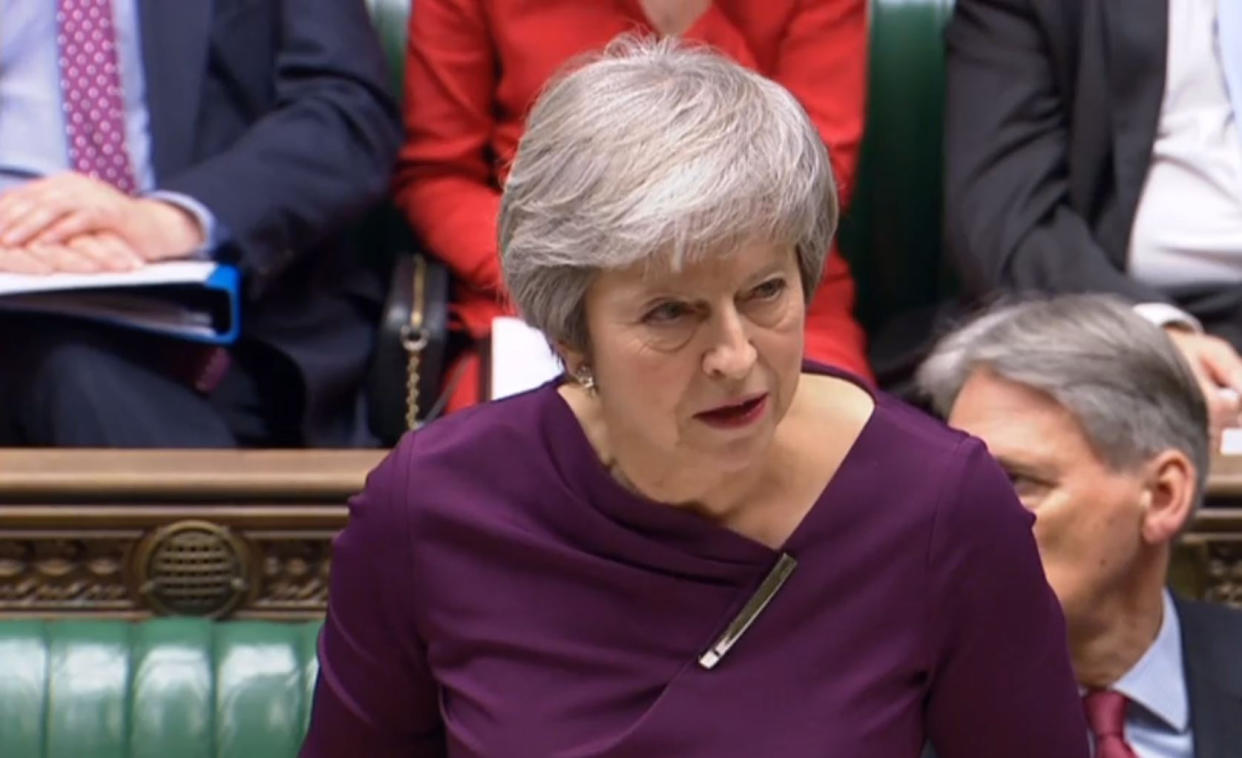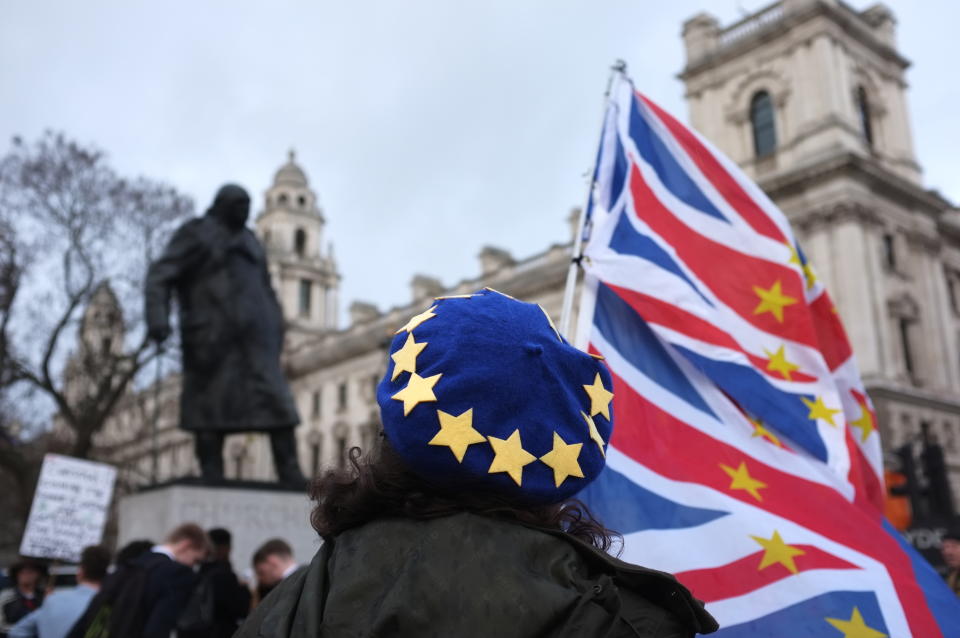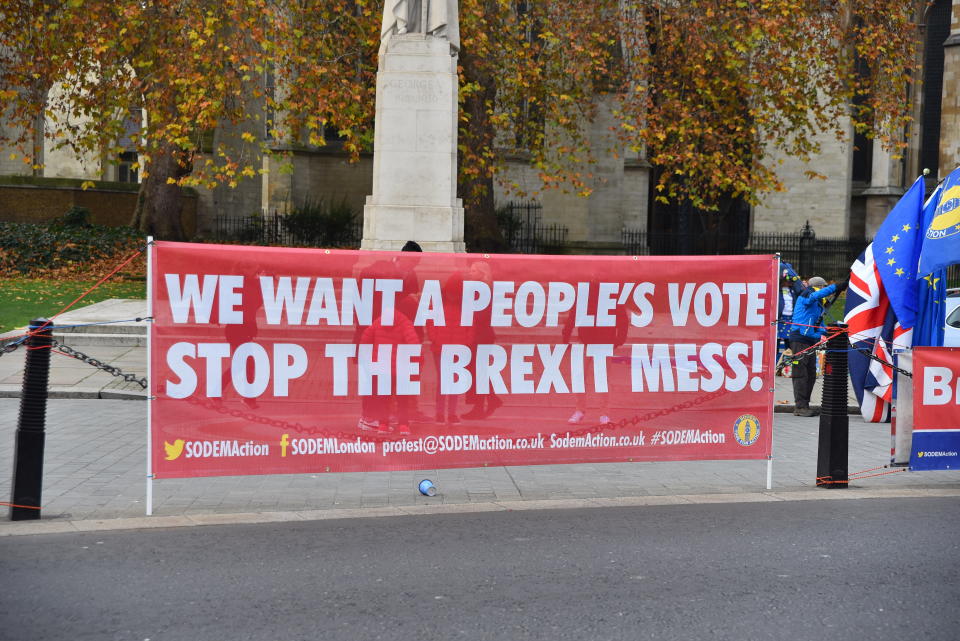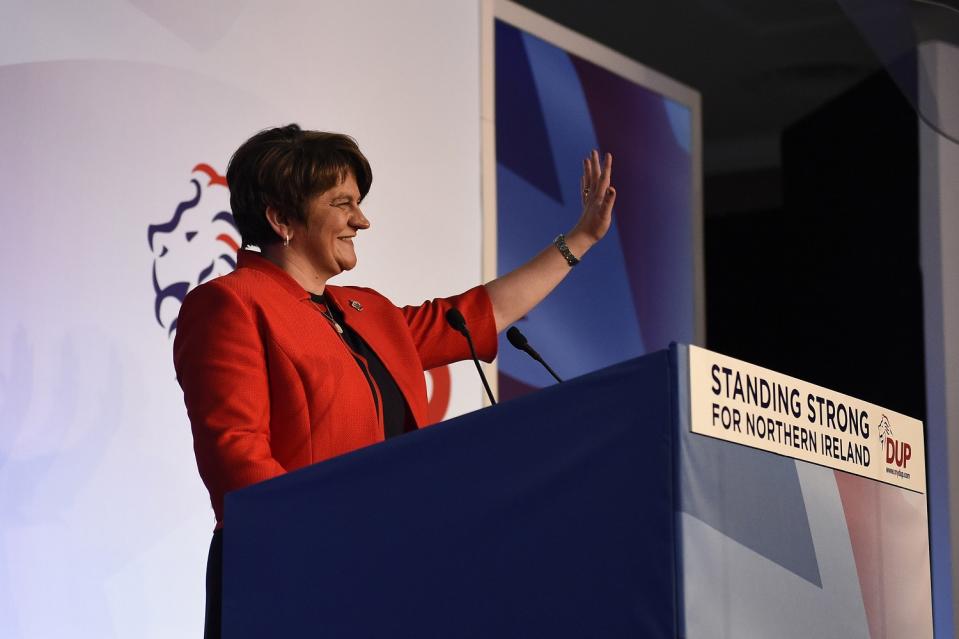Theresa May's Brexit deal explained - what are the pros and cons?

On December 11 politicians are set to vote on Theresa May‘s controversial Brexit deal.
The vote, which is expected to be a closely run affair, will determine whether Britain proceeds with the prospective deal drawn up by the prime minister and announced last month.
If approved it’s set to be carried forward and set the terms ahead of Britain leaving the European Union on March 29 – if not – then it’s back to the drawing board.
Here, we take a look at the arguments for and against Mrs May’s deal…

FOR: Mrs May and her supporters say the Withdrawal Agreement, coupled with the Political Declaration on future UK/EU relations, will:
Deliver on the result of the 2016 referendum by taking the UK out of the European Union;
End the right of free movement by EU citizens to live and work in the UK, allowing Britain to introduce a new skills-based immigration system;
End the jurisdiction of the European Court of Justice in the UK;
Stop the annual payment of “vast” sums into EU budgets;
Take the UK out of the Common Agricultural Policy and Common Fisheries Policy;
Pave the way for the creation of a new UK/EU free trade area with no tariffs, fees, charges, quantitative restrictions or rules-of-origin checks;
Preserve close relations with the EU on security, crime and terrorism;
Protect the integrity of the UK by ensuring there is no customs barrier between Northern Ireland and Great Britain;
Honour the Good Friday Agreement by ensuring there is no hard border between Northern Ireland and the Republic;
End uncertainty about the future and reassure business that there will be no abrupt “cliff-edge” transition to new trading arrangements by providing a 21-month transition period for them to prepare;
Allow the extension of the period by up to two years to allow a trade deal to be completed, without the need to trigger “backstop” arrangements to keep the Irish border open;
Allow the UK to negotiate trade deals with countries elsewhere in the world, to come into effect at the end of the transition period
Protect the rights of UK citizens living in the EU and Europeans in Britain.

AGAINST:
Attacks on Mrs May’s deal come from a variety of angles. Pro-Brexit critics of say it will:
Trap the UK in a customs union which Britain can only escape with the consent of the EU;
Prevent new trade deals with countries like the US, China or Australia from coming into effect until at least 2021 – or 2023 if the transition period is extended, or even later if the backstop is then invoked;
Allow the European Court of Justice continued influence over the UK, as the final arbiter for the interpretation of EU law in disputes;
Require the UK to hand over £39 billion in “divorce” payments with no guarantee of a free trade deal in the future;
Force the UK to accept Brussels rules and regulations until the end of the transition period, without having any say in them;
Commit the UK to aligning with EU standards and rules in the long term;
Leave open the possibility of access to fish in UK waters for European vessels
Give Spain a role in deciding future arrangements for Gibraltar.


Supporters of EU membership say the deal will:
Cost the UK billions of pounds a year in lost trade and additional bureaucracy;
Give up the power and influence the UK enjoys as a leading member of the EU in return for vague promises about future trade;
Undermine the fight against crime and terrorism by weakening Europe-wide co-operation;
Put environmental, food and safety standards at risk;
Subject the UK to the rulings of an unelected arbitration panel;
Plunge the country into years of uncertainty and negotiation, discouraging investment.

Labour says it will:
Leave Britain worse off economically and offer no say on future EU rules and no certainty about future relations;
Fail to meet their demand for customs union membership and a single market deal to protect jobs and industry;
Offer insufficient support for manufacturing and industry and fail to maintain workplace protections;
Leave the UK open to substantial additional payments if the transition is extended;
Put the UK in a position of weakness in negotiating a trade deal.

The Democratic Unionist Party warns it will:
Undermine the Union by treating Northern Ireland differently from the rest of the UK;
Leave open the possibility of a regulatory border down the Irish Sea.
The Scottish National Party says it will:
Take Scotland out of the EU, the customs union and single market against the will of its voters;
Make it more difficult for Scotland to attract the migrant workers it needs for its public services;
Give Northern Irish fishermen and exporters advantages denied to their Scottish counterparts.

 Yahoo News
Yahoo News 
